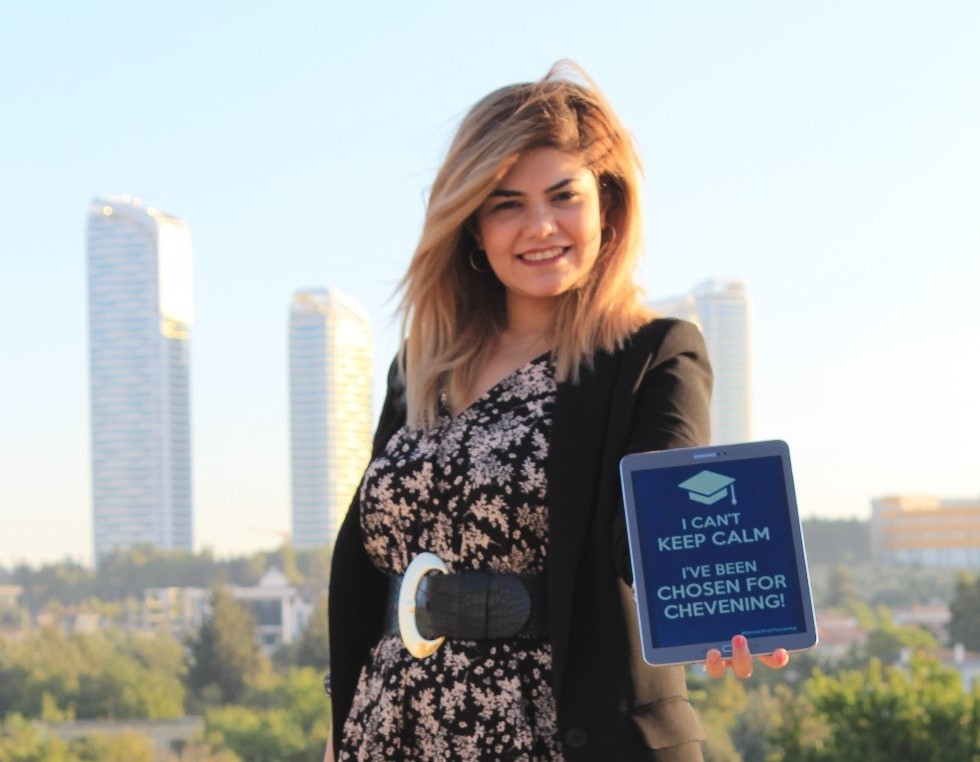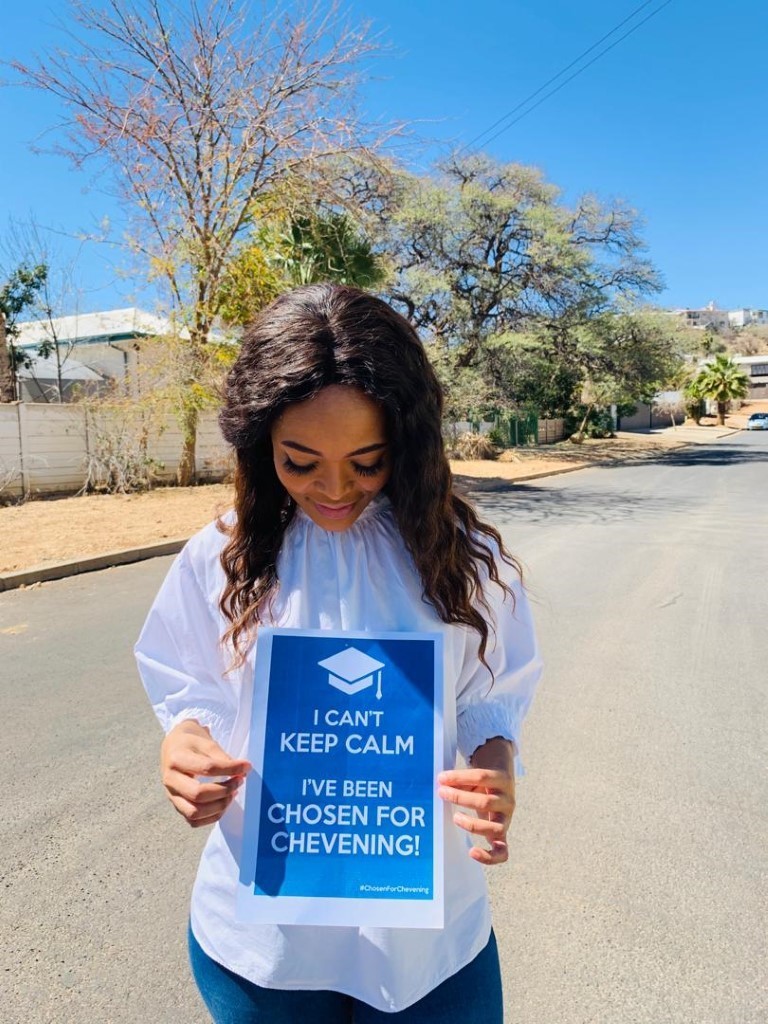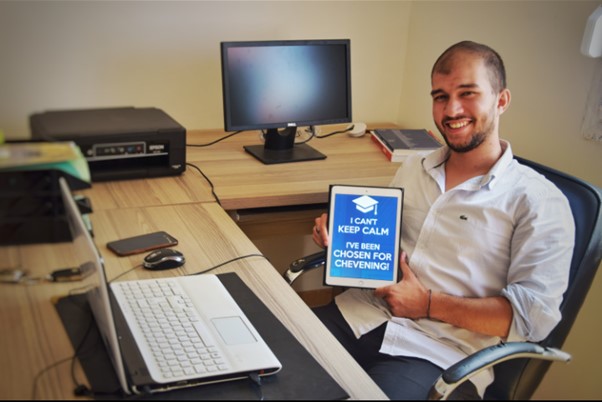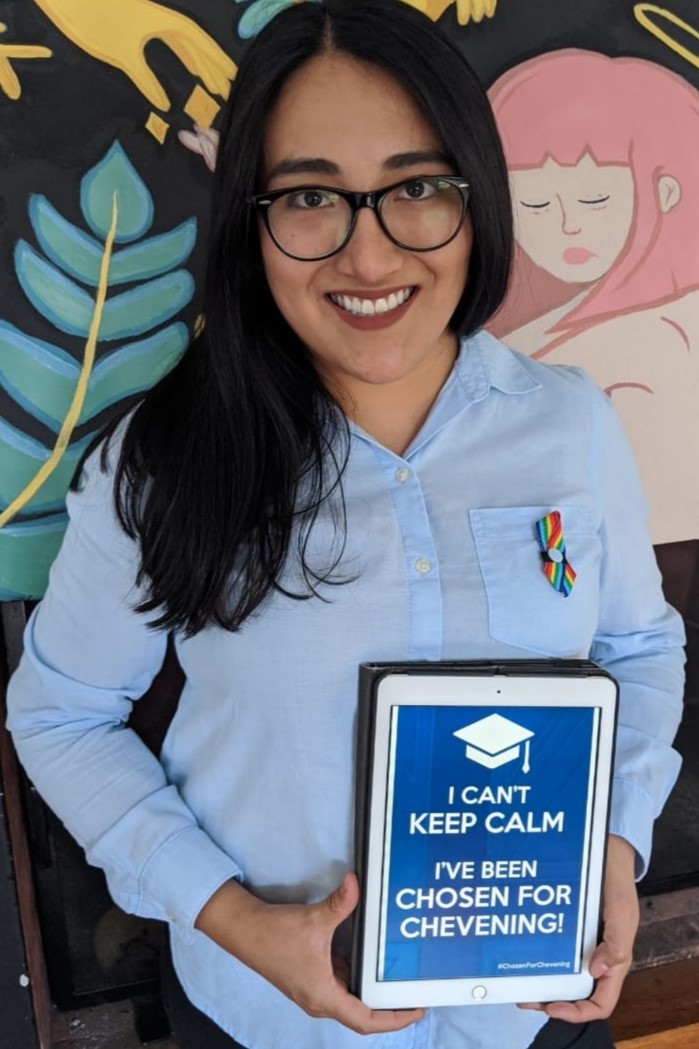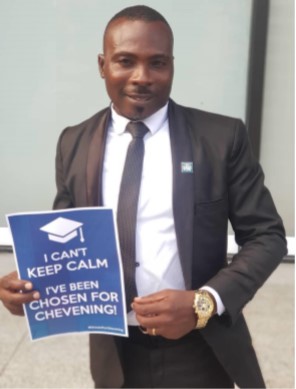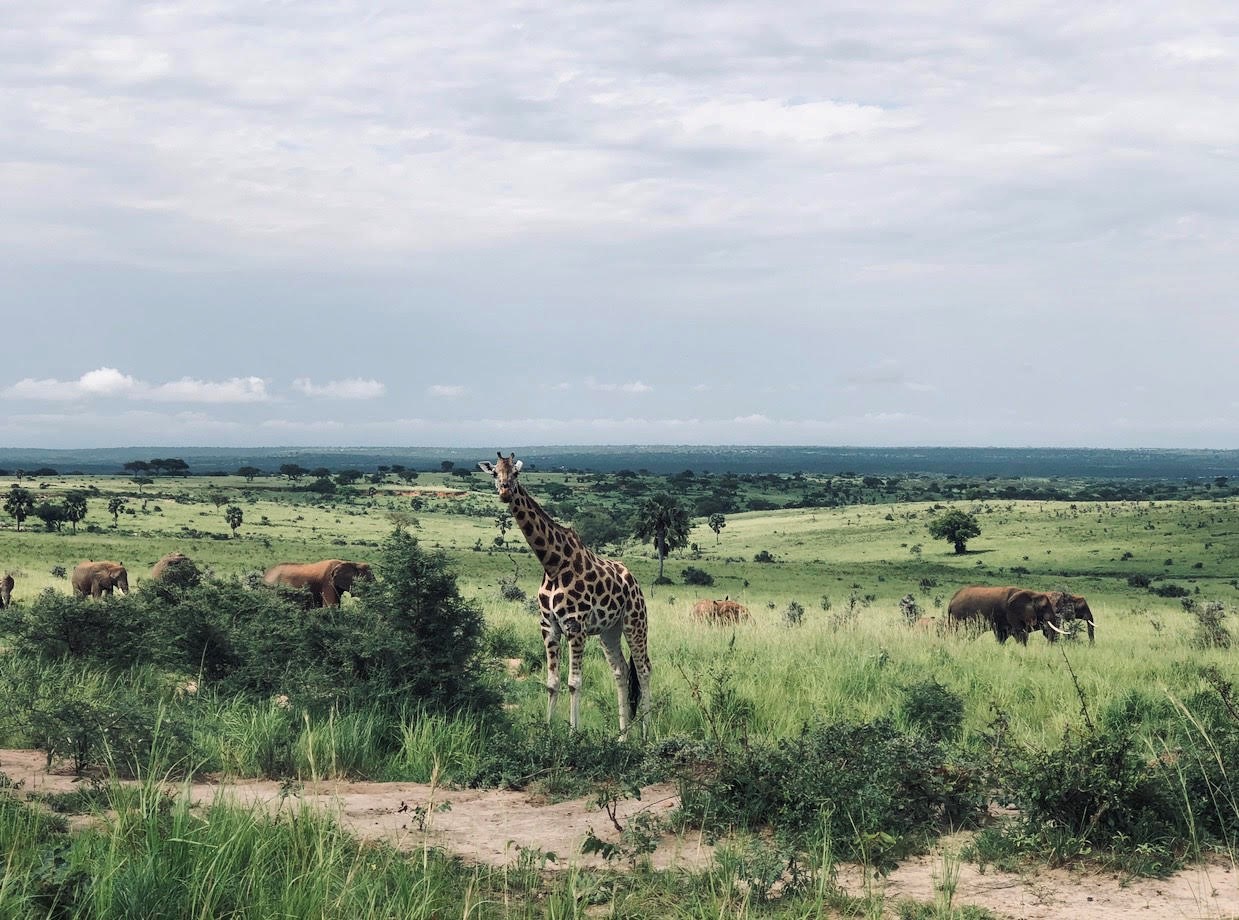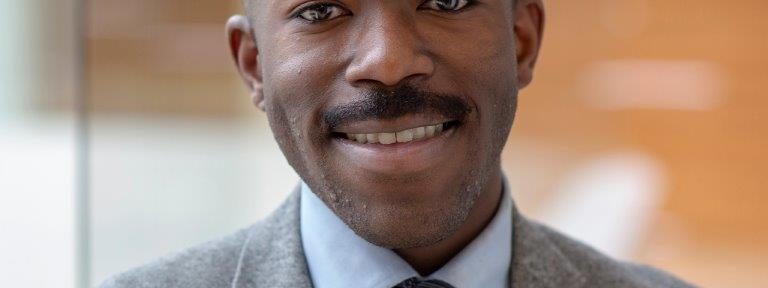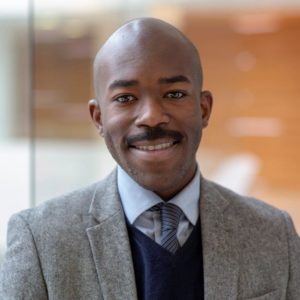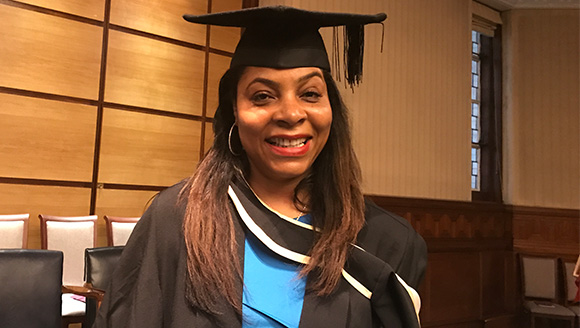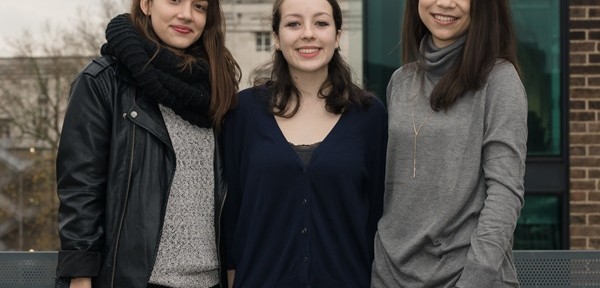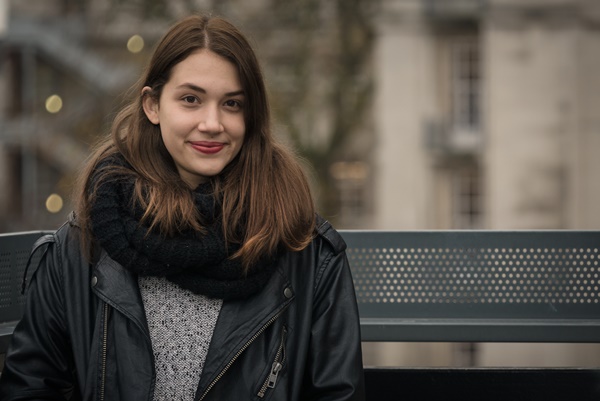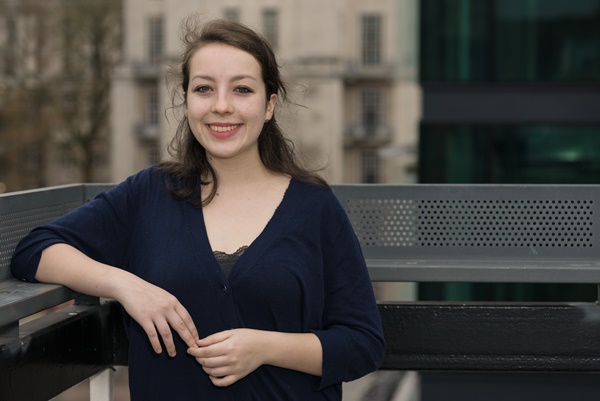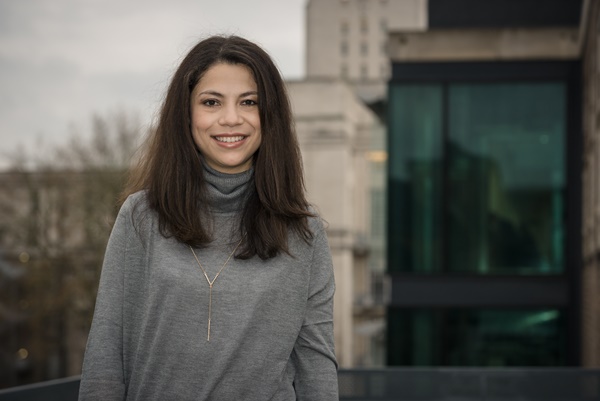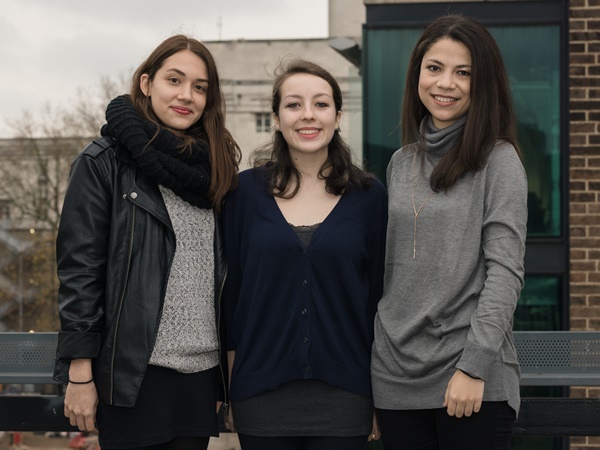In this last instalment of our 2020 Chevening scholars series we introduce six more future leaders who have joined Birkbeck from Algeria, Cote d’Ivoire, Ecuador, Georgia, Namibia and Syria.
Nesrin Morad, Syria/Turkey, MSc Education, Power and Social Change
Nesrin, a Syrian and Turkish leader and activist, has around seven years of experience working in the humanitarian and development sector. In her role, she was responding to the Syrians’ needs in various countries through working with different entities and projects in education, protection, capacity development and partnership. She believes that learning and collaboration are key to reaching the intended positive change in society. Nesrin has always been a social activist in the community, involved in voluntary and social initiatives. She was a member of the Red Crescent, JCI for youth development, an activist in the university leading different youth initiatives and a volunteer leading awareness campaigns for Syrians in Turkey. She also has a great passion for travelling to learn about different cultures and countries and learning new dances.
Birkbeck’s MSC Education, power and social Change will complement her practical experiences, allowing her to play a leading role in organising local initiatives to empower Syrian leaders and lead the change.
Within the Chevening Community Nesrin aims to be a Syrian woman leader, share the unique experiences and stories from Syria and gain from the experiences of others.
Menessia Diergaardt, Namibia, MSc Management with Corporate Governance and Business Ethics
Menessia currently works as a Taxation Officer at the Ministry of Finance in Namibia. She holds a Bachelor’s Degree in Business Administration from the Namibia University of Science and Technology (NUST) and an MSc in Banking and Finance from Moi University (Kenya).
Menessia believes that her aspirations meet her country’s economic growth ambitions and Chevening will help her to become more specialists in her field, allowing her to contribute towards the management and development of the country’s economic and social resources.
Menessia was attracted by Chevening because of its track-record for producing and developing many of the world’s finest scholars, leaders and presidents and the unique opportunity it offers to transform future leaders. “Chevening will create a platform for me to connect and network with a diverse and talented community, not only will I be exposed to and experience the UK education system, but I will also develop a diplomacy relationship that will equally benefit Namibia, the UK and the world at large.”
Sami Mehiaoui, Algeria, MSc Business Innovation with Entrepreneurship
Passionate about management consultancy & entrepreneurship, Sami holds a Master’s degree from the National High School of Management. During his studies, Masters Sami was elected president of the Scientist Club of Future Manager. He began his career as business analyst consultant supporting the development of more than 20 small and medium-sized enterprises (SMEs) in a programme funded by the UK government.
Sami is an entrepreneur and has co-founded several innovative businesses such as the Makelti mobile app or Forward development. An active member in the social entrepreneurship network, Sami was selected by Chevening in order to pursue his research in business innovation with entrepreneurship at Birkbeck. Armed with the skills in strategic management, he will acquire Sami wants to achieve his goals of implementing strategic development with sustainability and social impact.
Adriana Borja-Enriquez, Ecuador, MA in Gender, Sexuality and Culture
I got a degree in Clinical Psychology at Pontificia Universidad Católica del Ecuador. I’m interested in human rights advocacy and psychoanalysis. Since 2014, I have collaborated in psychosocial projects at non-governmental organizations that support survivors of gender-based violence, refugees, and asylum seekers in Ecuador. I aim to promote safe spaces and inclusive mental health care for women and the LGBTQI+ community.
I also hold a Postgraduate Certificate in Writing: Human Creativity and Communication from FLACSO Argentina. In 2018, The Bureau of Educational and Cultural Affairs of the US. Department of State sponsored my participation in The International Writing Program at The University of Iowa. I attended this literary residency alongside other authors that promote dialogue through literature and cultural diplomacy. My writing has been published in magazines and short-story collections in Spanish, English, and Italian.
Thanks to the Chevening Secretariat and The Foreign, Commonwealth & Development Office, I will study an MA in Gender, Sexuality and Culture at Birkbeck, University of London. It is a great honour for me to be part of a community that promotes social change while celebrating diversity.
Kristina Arakelova, Georgia, MSc in Nationalism and Ethnic Conflict
Kristina Arakelova is a member of the Core Group of Experts for the OSCE “Perspective 20-30” and a former Fellow in the UN OHCHR Minority Fellowship program 2018. She is a founder and President of the “Youth for Diplomatic Engagement” non-governmental organization (NGO) that focuses on youth involvement in the conflict, security, and ethnic minority integration issues in Georgia. As the President of the organization, she provides consultancy for state and civil society organizations working in these fields. Passionate about empowering or helping minorities/marginalized people, Kristina is an international trainer on conflict resolution and mediation.
“I applied for Chevening to contribute to bringing about much-needed peace, tolerance, and prosperity in my home country, Georgia, and beyond.”
Randolphe Severin N’Guessan, Cote d’Ivoire, MA TESOL
“I’ve been teaching English in Côte d’Ivoire (my country) for years, and I am also preparing a PhD in English, with the option of linguistics and didactics of languages in continuing training. This year, I am studying an MA TESOL (Teaching English to Speakers of Other Languages) at Birkbeck, University of London.
The need for modern and standardised education systems is evident in my country, which is a French-speaking one, but English is taught at school. From my little experience, the teaching of English brings up many challenges and gaps to be bridged. Thus, it will be interesting to attend a world-class university like Birkbeck, meet native speakers, share experiences with many others from all over the world. This will help me to be more proficient upon my return home.
I am very interested in Applied Linguistics and Intercultural Communication; and also willing to move to a more specialised position, such as teacher-trainer or language consultant and a teaching materials designer. Consequently, the MA TESOL is the relevant course that enables this.
Chevening is making my dreams come true. Great, no! NO NO, I CAN’T KEEP CALM!!!”
Find out more about:

